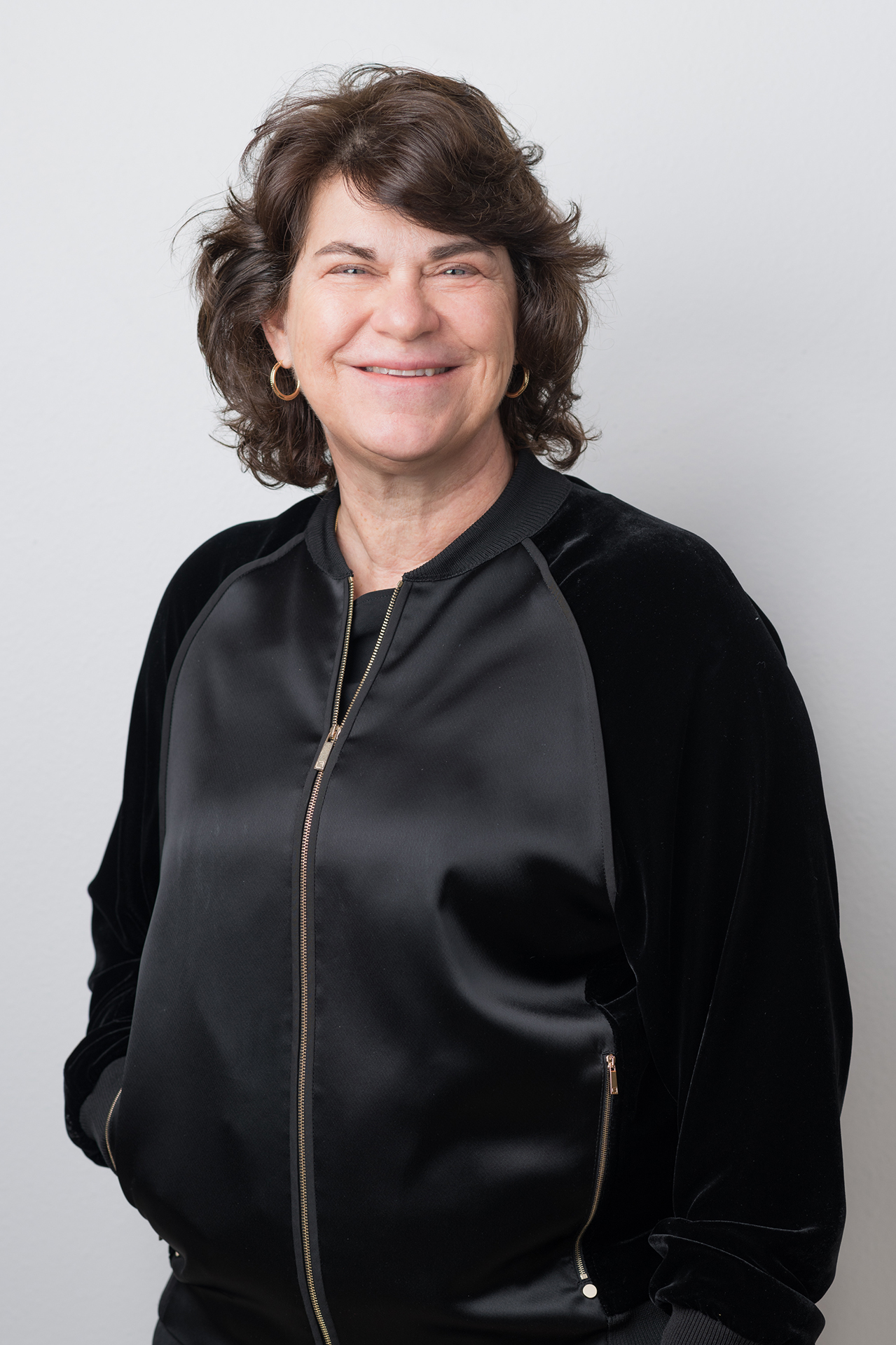
Monica
Wooden
Co-Founder + Former CEO, MercuryGate International
The wake-up call for Monica came when she confronted her boss at IBM after being passed over for an executive position. It was early in her career as a systems engineer; still, she really wanted the job and was eminently qualified to fill it.
“I said, ‘Why did you give the job to that guy when I could have done so much more?’” And he answered me, ‘Monica—I had no idea you wanted the job. You didn’t say anything.’ You know what? He was absolutely right.”
“That opened my eyes about women communicating,” says Monica. “It’s like women are afraid to fail or ask for something. I see it in salary negotiations: We think we have to prove we can do the job and then we’ll get the pay. Men say, ‘Pay me, then I’ll prove I can do the job.’ They ask for what they want.”
Monica turned her disappointment about the missed promotion into opportunity. She took a different executive role with IBM and moved to Florida. When the next inflection point in her career loomed, she left IBM and decided to focus on two things she loved: serving customers and coming up with technology solutions to meet customers’ needs.

The field she understood best was supply chain management. Leveraging that experience and her skills in technology, Monica co-founded a company in 2000 that provides transportation management software and solutions. It was pioneering work, made possible by Monica’s ability to see past the historic informational and operational silos in supply chain. The systems she helped create have since become the industry standard for transportation management, revolutionizing the field. In 2018, Monica was able to sell her company—MercuryGate—for hundreds of millions of dollars.
She is using that good fortune to pay it forward. One of the things she most enjoyed about selling her company, she says, is how many employees she was able to turn into millionaires through the transaction. Another part of her legacy is the Monica Wooden Center for Supply Chain Management and Sustainability at the University of South Florida, named in honor of her multi-million gift to fund the center.
And she makes a point of encouraging women—just as she was encouraged—to build vibrant careers in STEM. By the time Monica stepped down from MercuryGate, 45% of its employees were women, she notes. A more typical percentage of female employees at an engineering or technology enterprise is 25% or lower.
“It’s not like I set out to build a technology company that was half women,” says Monica. “But I think that, when women are in leadership roles at an organization, other women want to work there.”
She thanks the example of her mother for the courage to be exactly who she is—blunt, funny, unfussy, principled. Growing up in a family where money was tight, Monica adored playing sports. Her mother made a deal with her: Play all the sports you want AND work really hard in school, and I will buy you a car. In college. Which you will attend because you earned a scholarship. Monica kept the deal. So did her mother. When Monica was in her sophomore year in college, she got her car: a 1979 Camaro Berlinetta five-speed. A picture of it features prominently in a presentation about life lessons that Monica gives called, “Look, Mom—We Made It.”
“You don’t realize how profound mentors or influencers are in your life until you start to look back,” she says. Monica has made it a goal to be one of those positive mentors and influencers. “I just think women are better collaborators,” she says. “They rarely look at the world vertically, as winners and losers. Instead, they’re looking for a win-win-win for everyone. You rarely see a woman create a company that is not about solving a problem and adding value.”
She hasn’t forgotten what it cost her not to ask for what she wanted when she was moving up in business.
“We have to let women know that it’s OK to take a risk,” she says. “It’s OK to fail at some point in your career. The main thing is: Push yourself.”